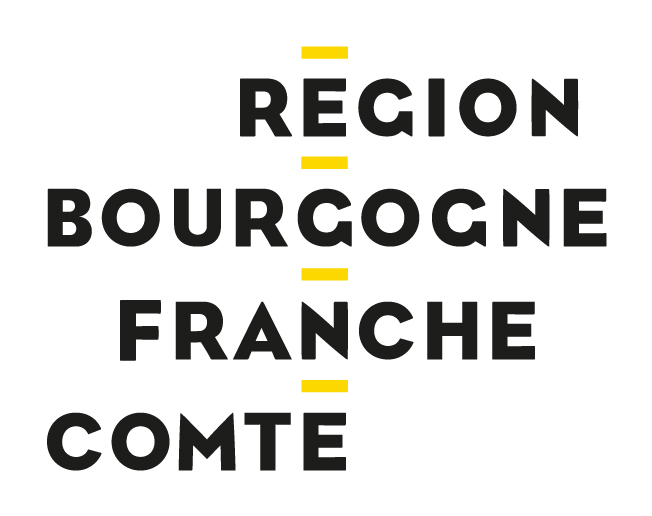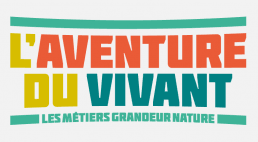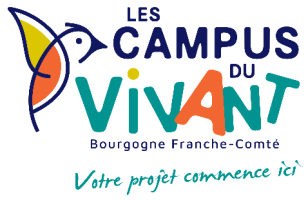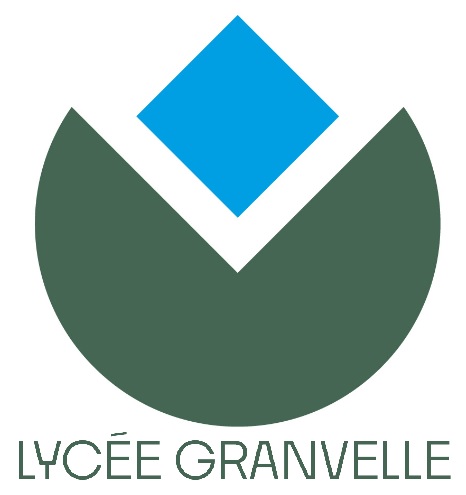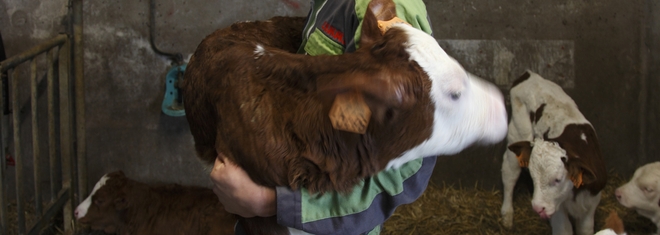|
The aim of Erasmus+ is to contribute to the Europe 2020 strategy for growth, jobs, social equity and inclusion.
Erasmus+ also aims to promote the sustainable development of its partners in the field of higher education, and contribute to achieving the objectives of the EU Youth Strategy.
Specific issues tackled by the programme include:
Reducing unemployment, especially among young people
Promoting adult learning, especially for new skills and skills required by the labour market.
Encouraging young people to take part in European democracy
Supporting innovation, cooperation and reform
Reducing early school leaving
Promoting cooperation and mobility with the EU's and no EU's partner countries
In order to achieve its objectives, the Erasmus+ Programme implements the following Actions :
Key action 1 : Mobility of individuals
opportunities for students, trainees, young people and volunteers, as well as for professors, teachers, trainers, youth workers, staff of education institutions and civil society organisations to undertake a learning and/or professional experience in another country.
Key action 2 : Cooperation for innovation and the exchange of good practices
Transnational Strategic Partnerships aimed to develop initiatives addressing one or more fields of education training and youth and
promote innovation, exchange of experience and know-how between different types of organisations involved in education, training and youth or in other relevant fields.
Keys action 3 : Support for policy reform
Knowledge in the fields of education, training and youth
for evidence-based policy making and monitoring,in particular :
- country-specific and thematic analysis, including through cooperation with academic networks;
- peer learning and peer reviews through the Open Methods of Coordination in education, training and youth.
Jean Monnet activities : this will support Academic Modules, Chairs, Centres of Excellence in order to deepen teaching in European integration studies embodied in an official curriculum of a higher education institution
Sports :collaborative partnerships, aimed at promoting the integrity of sport
.
|



